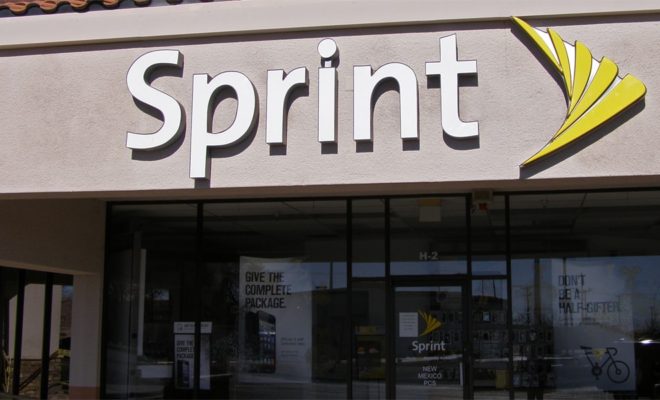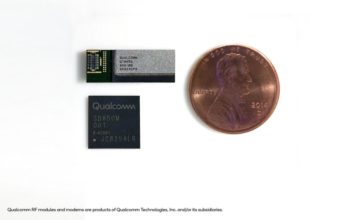Sprint’s parent company, SoftBank, announced last week that it will increase in the medium term its annual capital expenditure in the telecommunications company from this fiscal year’s $3.5 billion-$4 billion up to $5 billion-$6 billion, according to Sprint CFO Tarek Robbiati.
Additionally, SoftBank will increase its stake in Sprint from 83 percent to 85 percent “through open market transactions or otherwise.”
These announcements come on the heels of failed merger talks between Sprint and T-Mobile. According to the Wall Street Journal, the talks collapsed as a result of SoftBank CEO Masayoshi Son’s insistence on retaining control of the merged entity.
Son maintains a bullish vision of a technologically interwoven future built on wireless connectivity.
“We are entering an era where billions of new connected devices and sensors will come online throughout the United States. Continuing to own a world class mobile network is central to our vision of ubiquitous connectivity,” Son said in a Nov. 6 press release.
SoftBank’s increased investment would place it on roughly equal footing with T-Mobile. Both, however, still lag far behind industry-leaders Verizon and AT&T, which boast annual capital expenditures of roughly $10.5 billion and $10 billion, respectively.
Additionally, only 7 percent of Sprint’s customers wouldn’t switch networks for anything, according to a Business Intelligence Digital Telecom Consumer Survey cited by Business Insider. This figure is significantly less than those of Verizon, AT&T and T-Mobile.
Nevertheless, SoftBank is game. “Even if it is tough for the next three or four years, on a five or ten-year timescale, [Sprint] is a strategically indispensable company,” said Son during an earnings briefing, according to Reuters.




